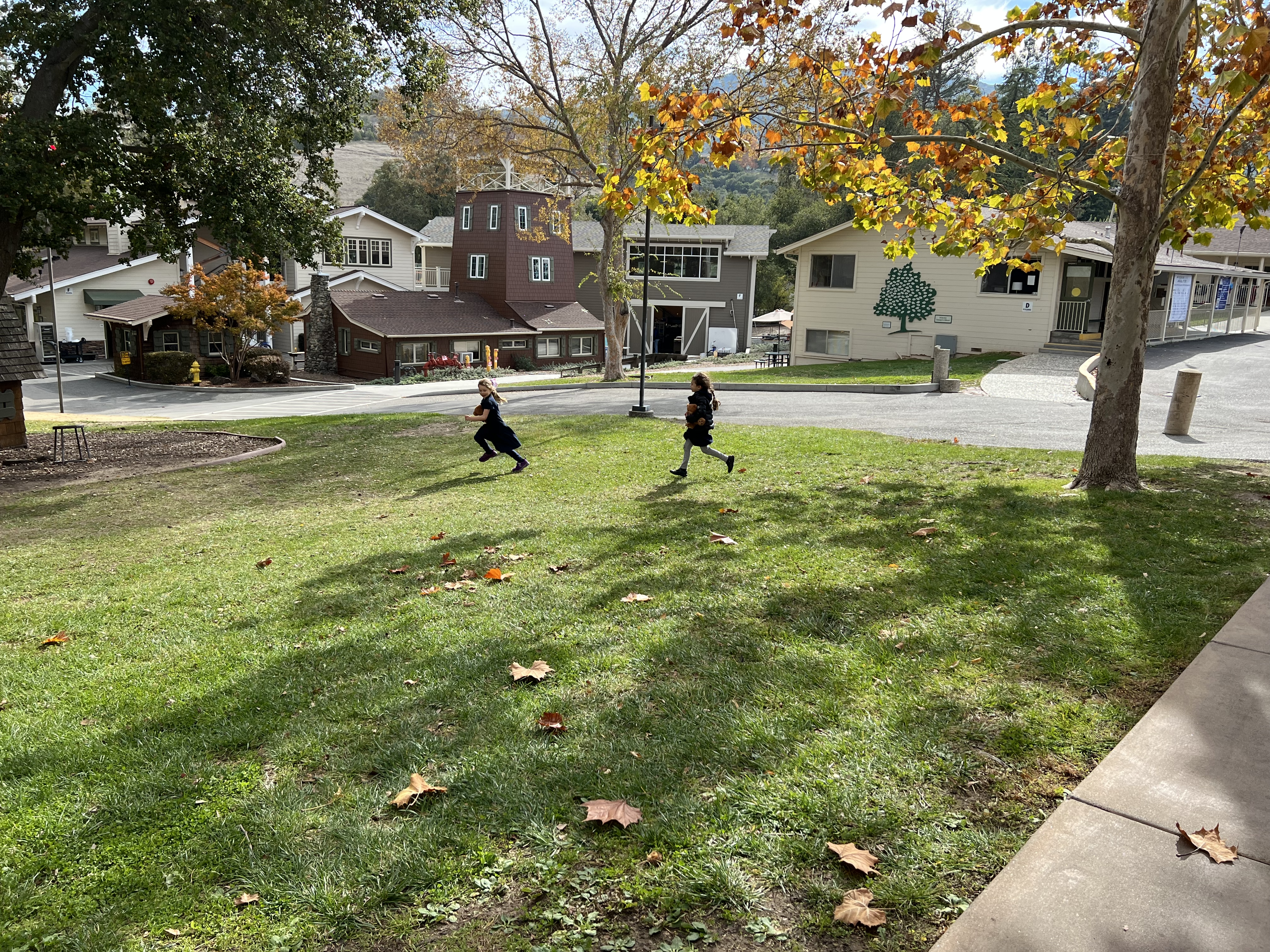By Angela Yokota, Director of Enrollment Management

As a child I was unusually drawn to the fairy tale of the ugly duckling. I had always assumed that the insecure little girl in me was hoping that I, too, would one day emerge a swan, and there is probably still some truth to that. However, looking back today, I realize that the core message that grabbed me was the importance of belonging. As a biracial kid in a mostly homogeneous community, I was acutely aware of my difference. I instinctively empathized with that little duckling in the same way we all do; the moment we develop self-consciousness, we also inherit the ability to look critically at ourselves and therefore sense the ways we do not fit in.
Fitting in has an obvious evolutionary benefit. Pity any zebra born with spots. As humans though, we are blessed with extraordinary gifts that also allow us to stand out. Can you imagine asking Beethoven to keep silent his “Ode to Joy”? Or for that matter, asking RuPaul to be anything but fabulous? Here is the critical importance of inclusivity to the health of a community. Without it, not only do we individually feel the pain of not belonging, but as a whole we suffer from not recognizing and actualizing who we really are.
SEED at Hillbrook
Given my deep commitment to inclusivity work, I was thrilled to be able to attend, along with Executive Assistant to the Head of School Christine Thorpe and Middle School STEM Teacher Clara Ngo, the National SEED Project’s leadership training in June 2018. This gift was a direct result of Hillbrook’s Vision 2020 and our strategic plan’s intent to “create an increasingly diverse and inclusive community with a focus on providing an educational program that prepares students to be leaders in an increasingly diverse and connected world.” SEED* stands for Seeking Educational Equity and Diversity, and the Project trains new leaders who are able to foster the kinds of conversations and activities that encourage cultural competency in their communities.
Together with my co-facilitator Clara, I have been fortunate to offer two programs as a result of last summer’s training. The first was a Reach Beyond* elective for 7th and 8th graders entitled “Windows and Mirrors.” This class gave us the opportunity to dive deeper into questions of race, gender, sexual orientation, and the politics of identity. Since early adolescence is a time where embracing self-identity is crucial, I am so grateful for the experience to work with students who chose the session. And, since they were self-selected, class engagement was very high. Students expressed a desire to “talk about these issues outside of class” and particularly to “learn more about gender identity.”
At the end of the 6 weeks, I asked students, “True or false: I feel I learned something in this class, whether about myself or someone else.” 100% of the respondents said yes. 87.5% said they wanted to continue doing this work, including 50% who were “extremely likely” to sign up for another offering. Finally, I also asked them for suggestions on how Hillbrook can support this kind of learning. A sampling of responses:
“Definitely create/provide a safe space for students. I think that Windows and Mirrors did a great job with this, and the whole of Hillbrook has the capacity to do so.”

“Start using gender neutral pronouns instead of saying something like (s/he or she/he). Maybe you could ask people for their pronouns and start teaching younger kids about gender. There should be more accessible gender neutral/all gender bathrooms.”
“I don’t know, but maybe there could be another Windows and Mirrors Reach Beyond Block (RBB)???”
In addition to the student Reach Beyond elective, Clara and I led a SEED* group for faculty and staff. Including myself and Clara, we have 17 co-workers reflecting together (see text box). Christine is also offering a SEED 2 group for second-year participants. As far as we know, Hillbrook is the first school in the nation to offer this opportunity. As the SEED organization states, “When we are put at the center of our own processes of growth and development, we are better able to put the growth and development of young people and colleagues at the center of our classrooms, communities, and workplaces.”
We began meeting in September and we will continue to meet monthly throughout the rest of the school year. One participant told me that she felt closer to her colleagues after the last session and that she could have kept going for 3 more hours! What I appreciate about our group is that we are a mixed group of faculty, administrators, and staff who don’t generally get to spend quality time together, let alone delve into the social issues that arise in our multicultural society.
Learn More about Inclusivity at Hillbrook:
Inclusivity at Hillbrook on the Hillbrook website
Hillbrook’s Diversity & Inclusivity Glossary
* Reach Beyond Block at Hillbrook provides dedicated time in the schedule in JK-8th grade for students to pursue learning and projects that encourage them to reach beyond themselves and make a difference in the world. Topics explored can include anything from social impact work, to social entrepreneurship, to social emotional learning, to inclusivity and diversity work, to technology and access, and more.
* The National SEED ProjectSM is a peer-led professional development program that creates conversational communities to drive personal, organizational, and societal change toward greater equity and diversity. We do this by training individuals to facilitate ongoing seminars within their own institutions and communities. SEED leaders design their seminars to include personal reflection and testimony, listening to others’ voices, and learning experientially and collectively. Through this methodology, SEED equips us to connect our lives to one another and to society at large by acknowledging systems of oppression, power, and privilege.
